
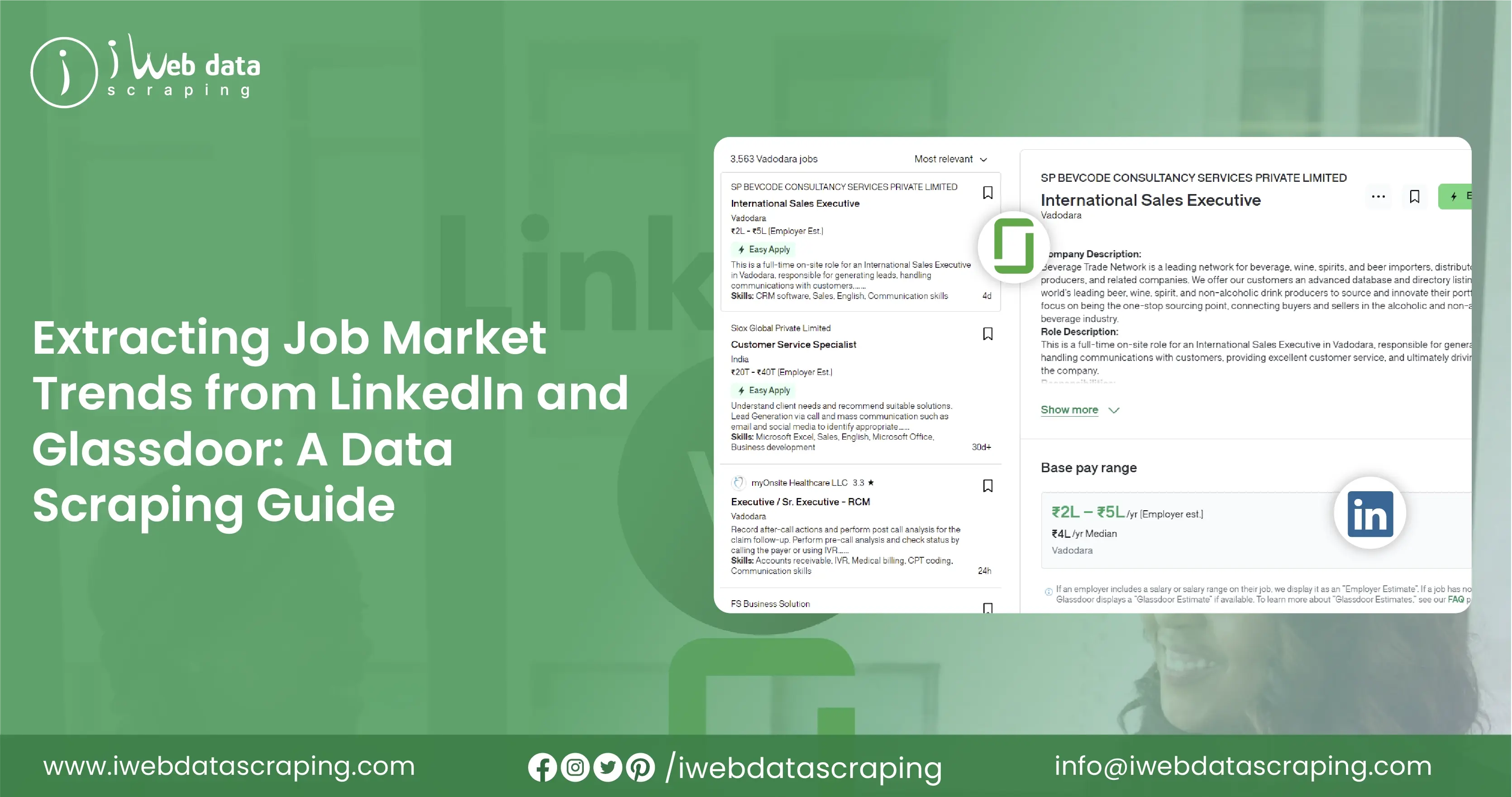
Social media platforms enhance job hunting and career planning by providing expansive networks, industry insights, and job listings. Platforms like LinkedIn allow users to connect with professionals, join industry groups, and access job postings. By scraping job-hunting platforms, users can showcase their skills, achievements, and endorsements, making it easier for recruiters to find and approach them. LinkedIn also offers valuable resources for career development and networking.
Similarly, Glassdoor offers insights into company cultures, salary ranges, and employee reviews. Extracting job market trends from LinkedIn and Glassdoor helps job seekers assess potential employers and make informed decisions about their career paths.
LinkedIn and Glassdoor data scraping can further streamline the job search process. Businesses and job seekers gain actionable insights by extracting data on job postings, company reviews, and salary information. This data-driven approach from LinkedIn API scraping allows for better job matching, competitive salary negotiations, and a more informed career strategy.
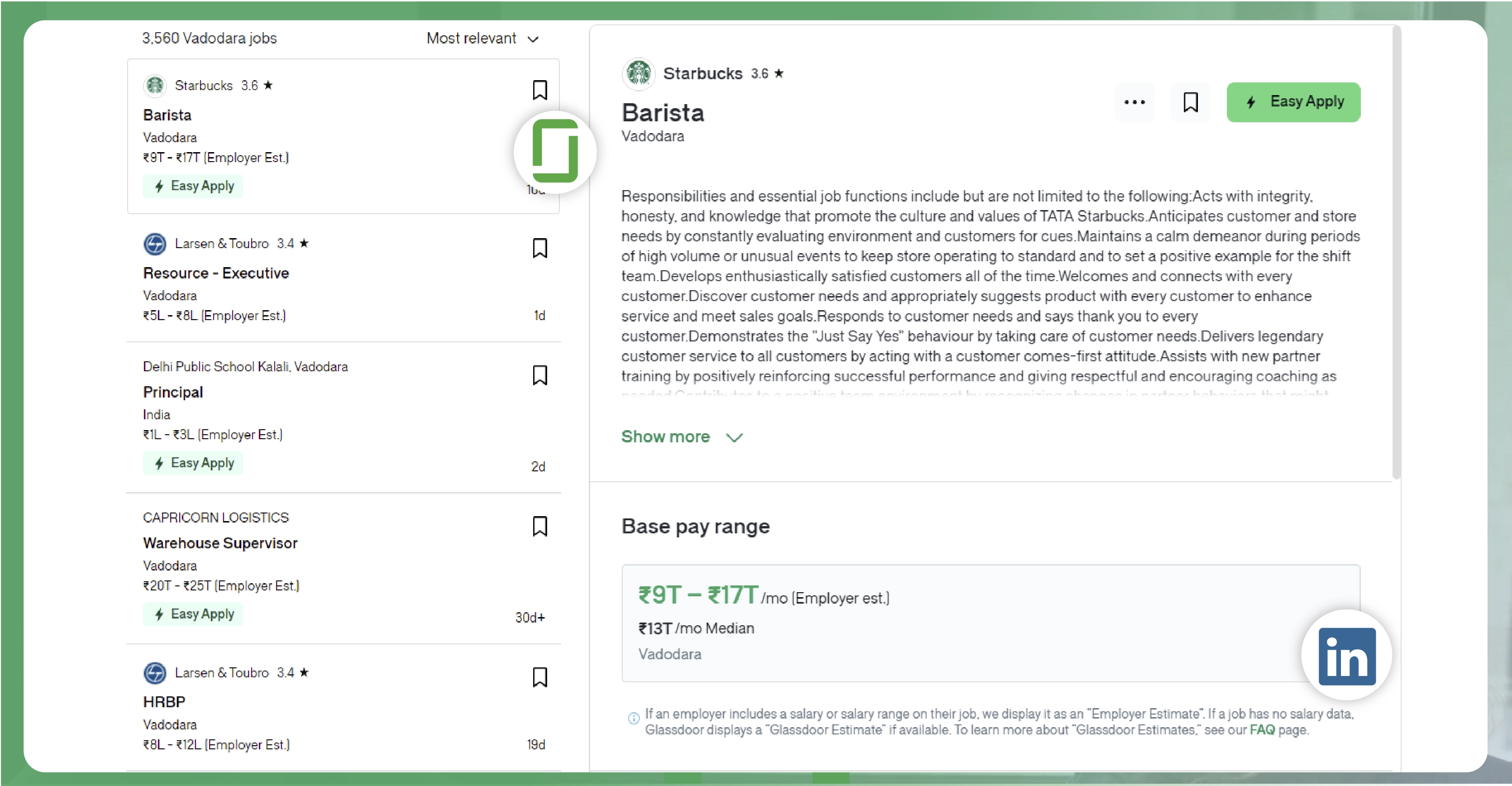
LinkedIn and Glassdoor are essential platforms for professional growth and job searching. LinkedIn connects professionals for networking and career opportunities, while Glassdoor offers insights into company cultures and salaries. Scraping data from these platforms enhances recruitment and career decision-making.
LinkedIn: LinkedIn is a premier professional networking platform that connects individuals with peers, recruiters, and industry groups. It facilitates job searching, networking, and career development through user profiles, endorsements, and industry-specific content. Scraping LinkedIn data enables businesses to gather insights on job postings, user profiles, and industry trends. LinkedIn data mining can enhance recruitment strategies and market analysis by providing valuable information on skills, qualifications, and professional connections.
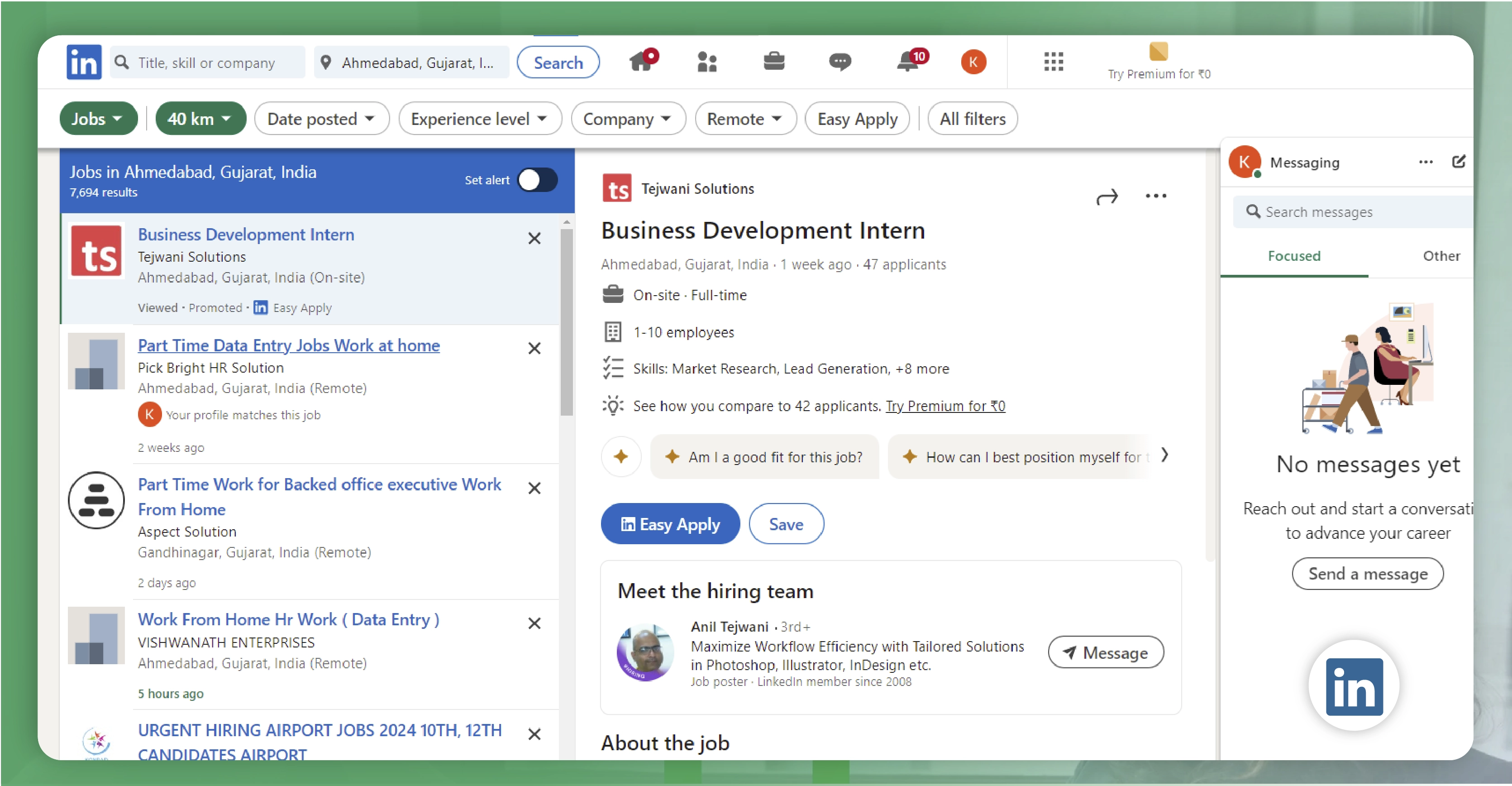
Glassdoor: Glassdoor is a platform that offers company reviews, salary information, and interview experiences from current and former employees. It helps job seekers assess potential employers and understand workplace cultures. Scraping Glassdoor data provides access to detailed reviews, salary reports, and company ratings. This information available using Glassdoor company reviews scraping aids in comparing employers, negotiating salaries, and making informed career decisions by revealing companies' internal dynamics and compensation structures.
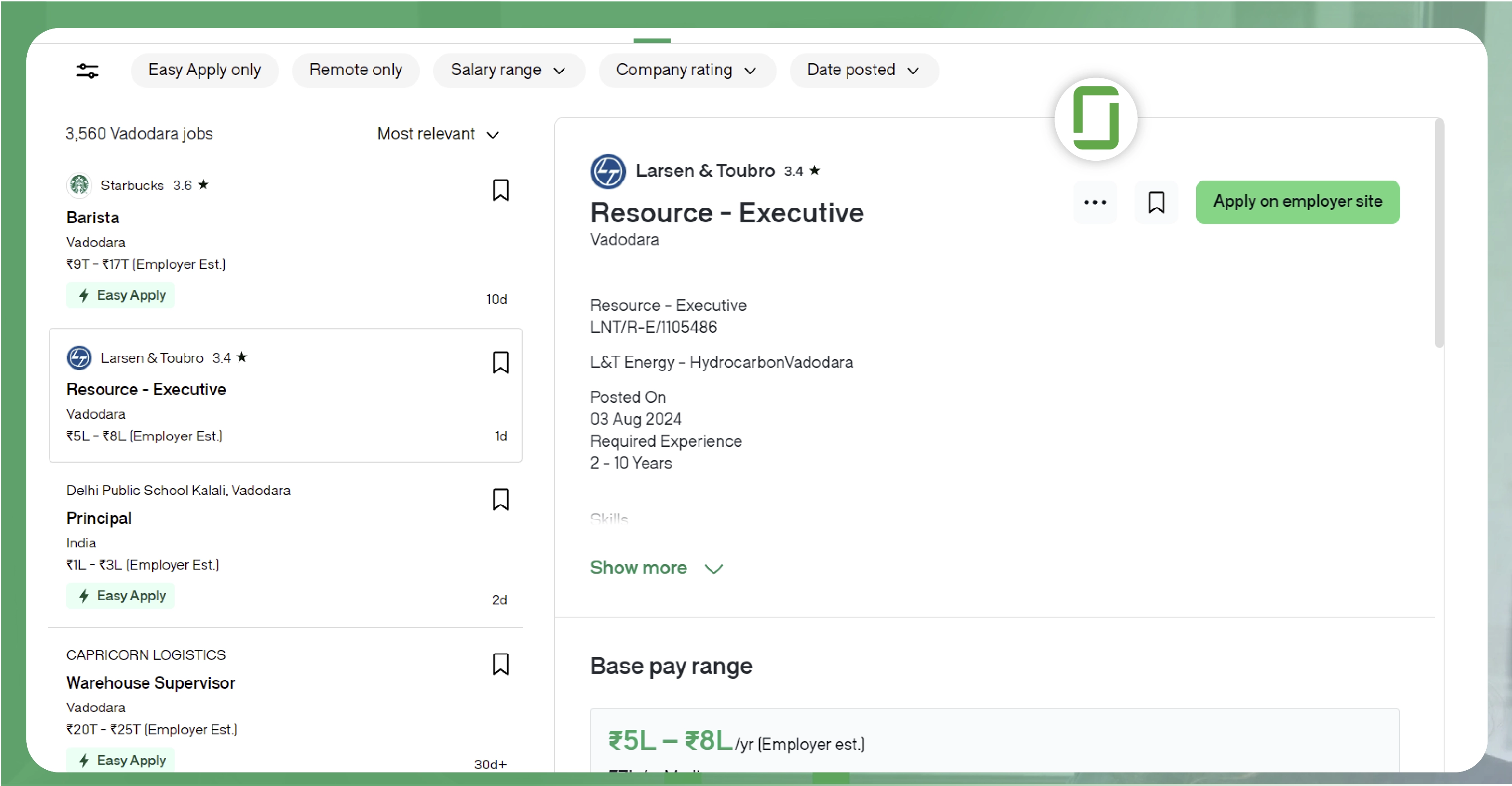
Scraping LinkedIn and Glassdoor data provides valuable insights into job postings, company reviews, and salary information. These insights help businesses enhance recruitment strategies, understand market trends, and make informed decisions, driving competitive advantage and career development.
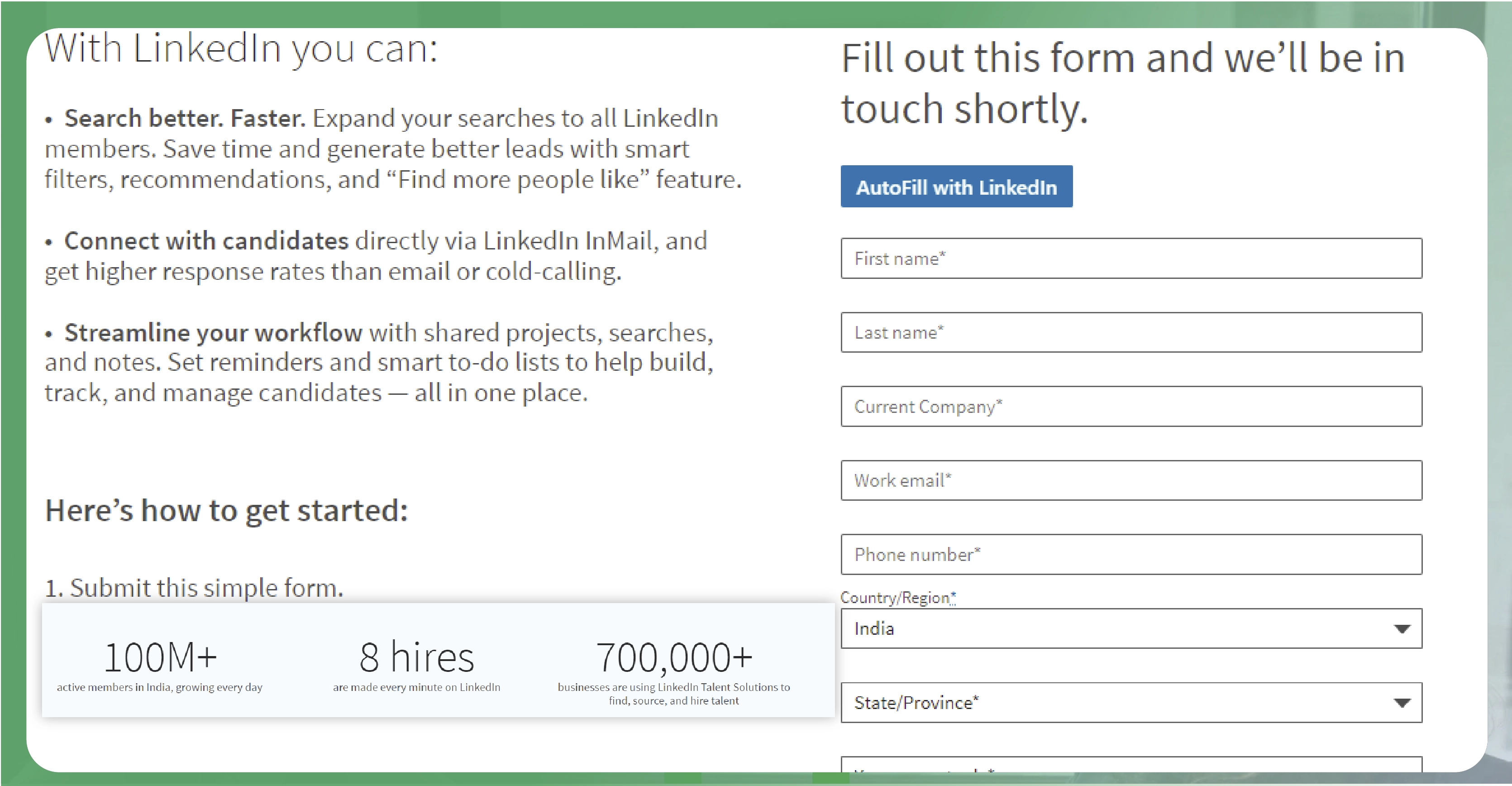
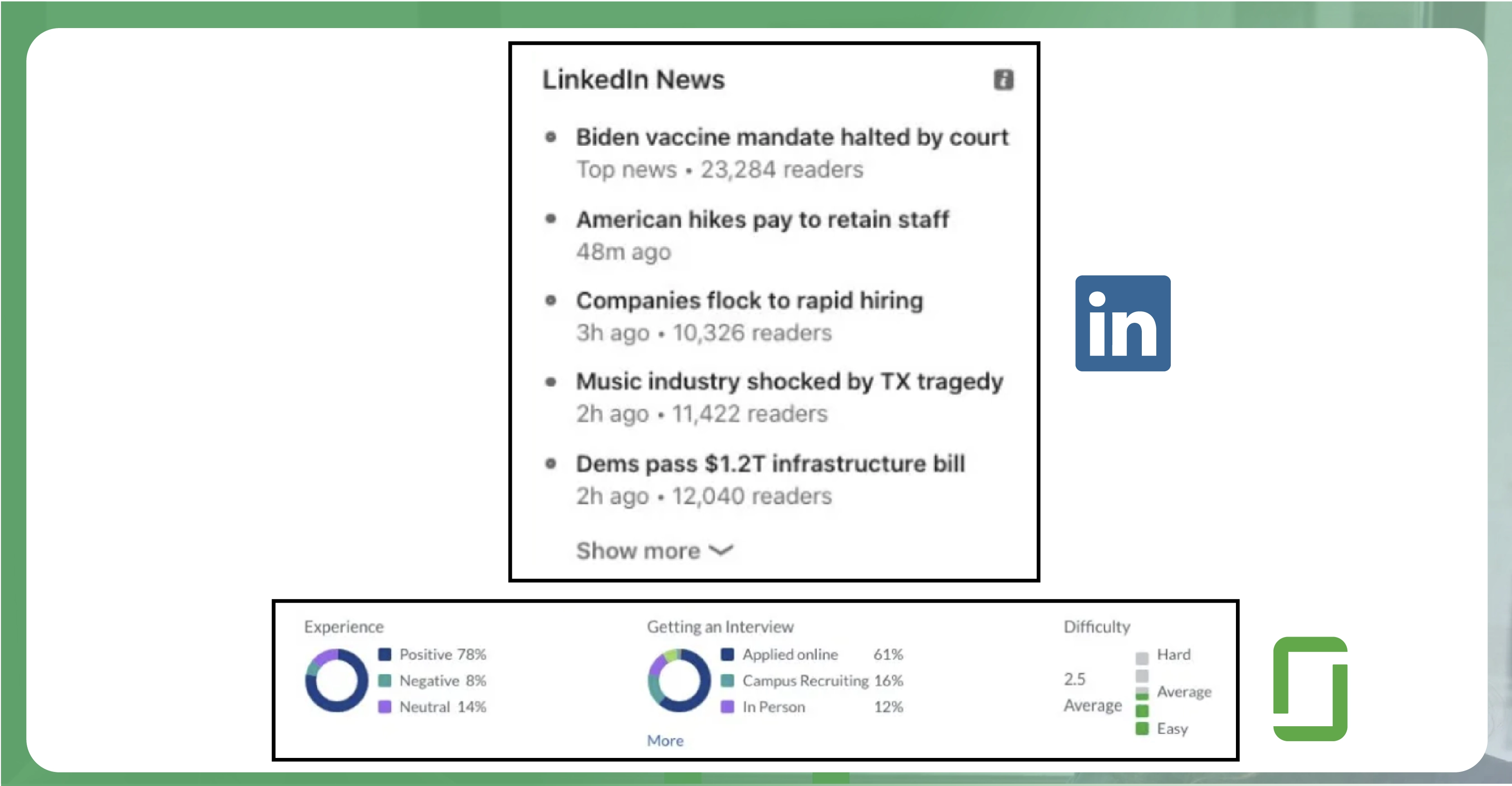
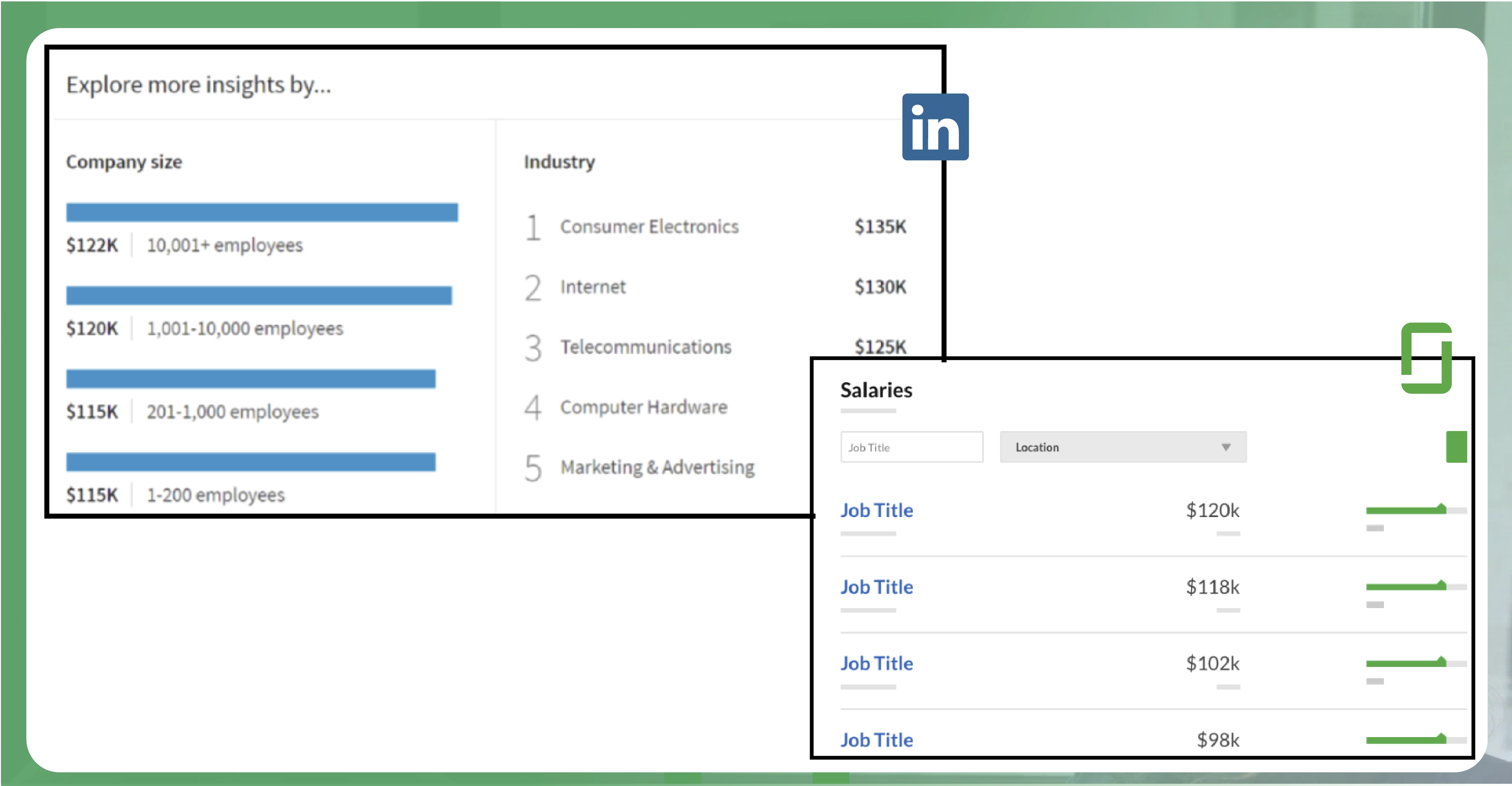
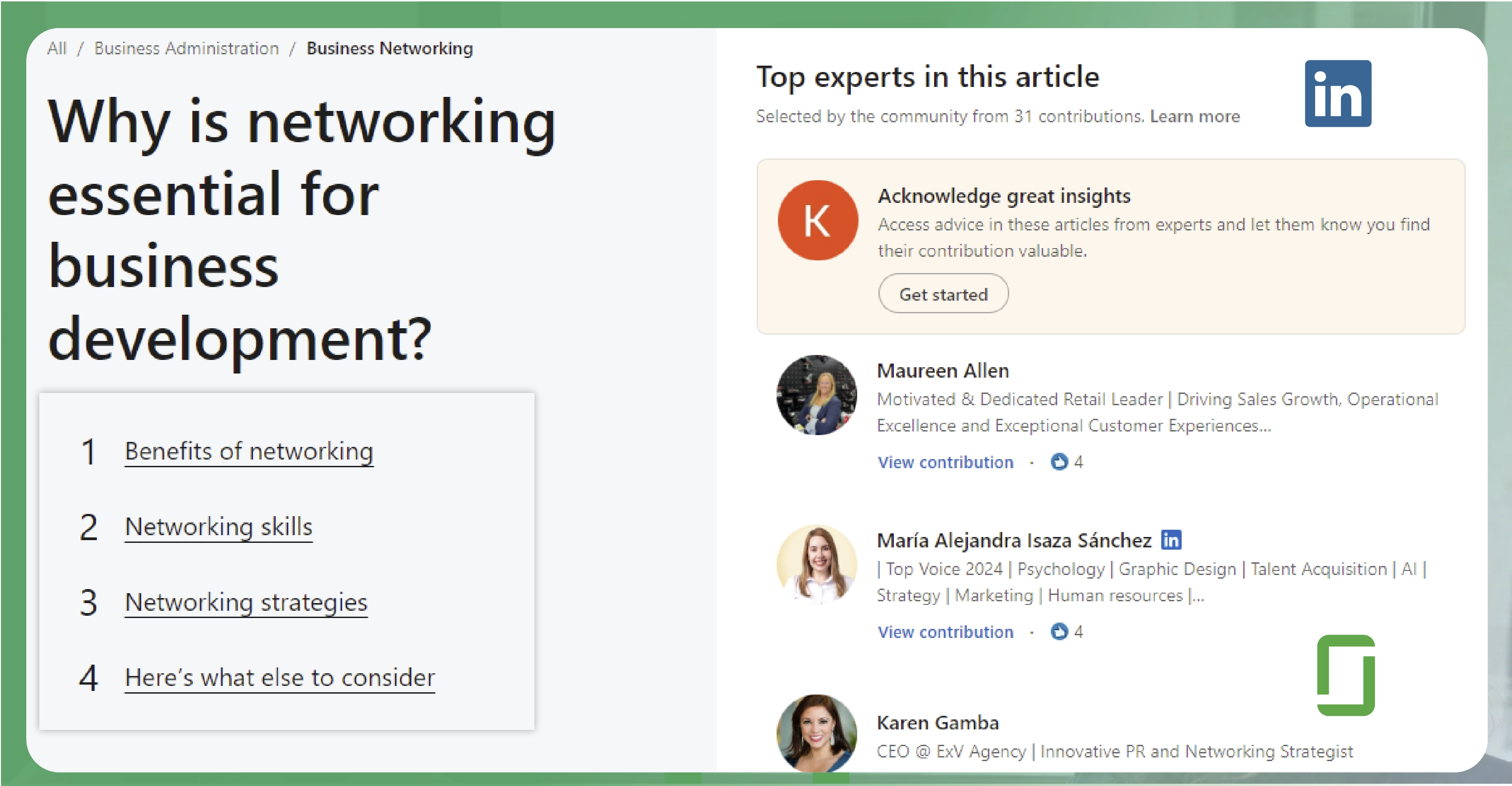
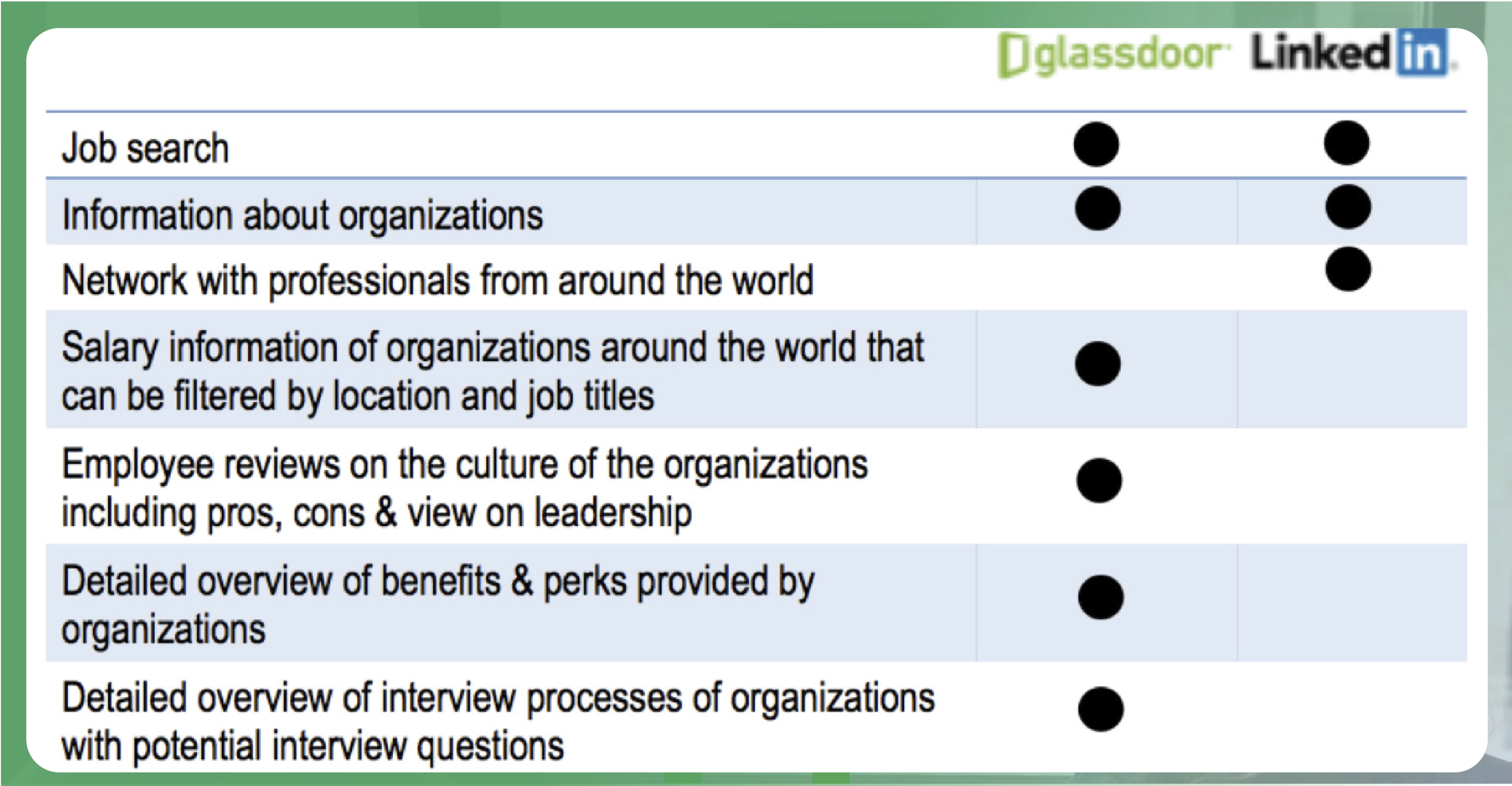
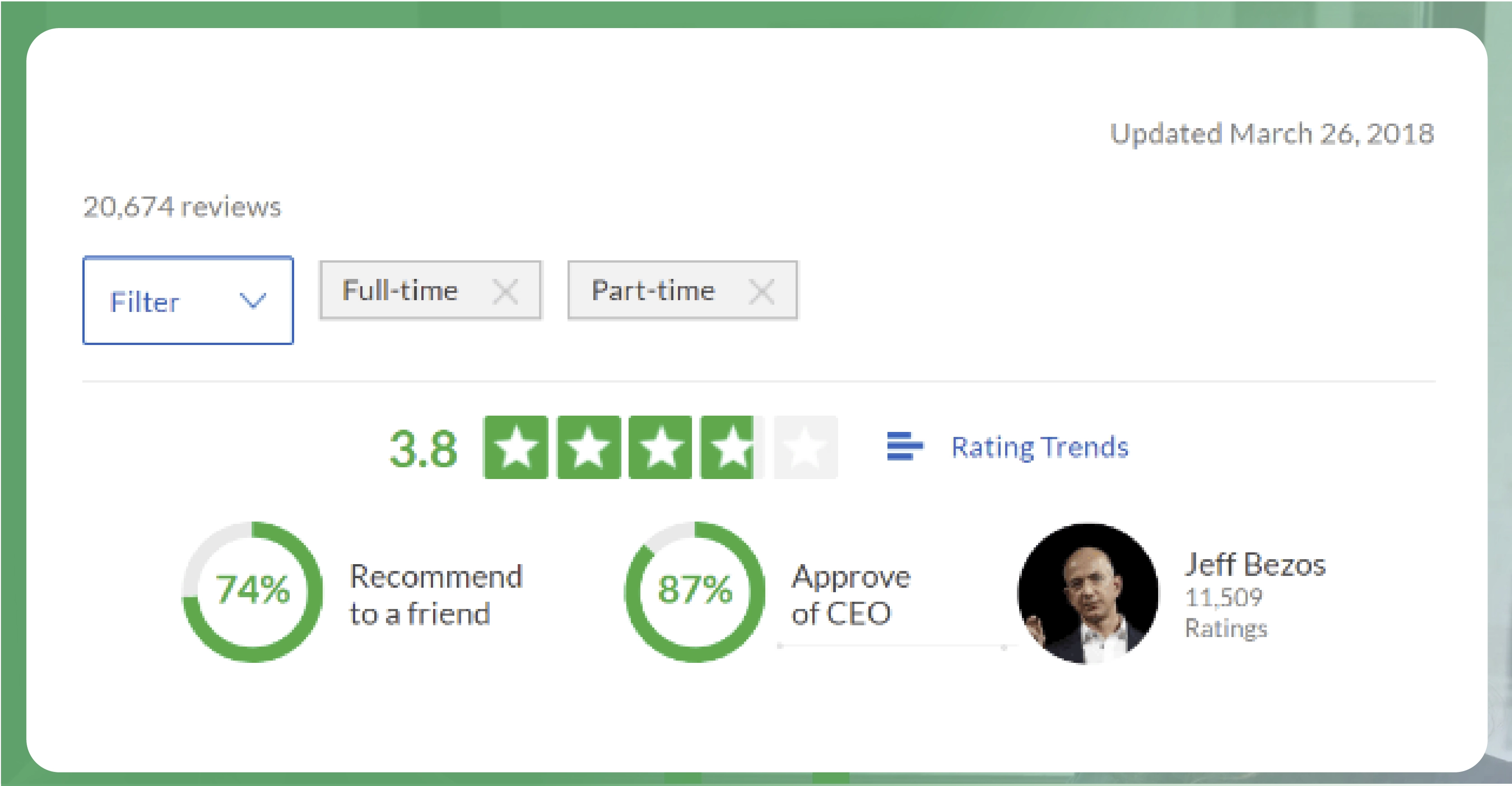

By leveraging data from LinkedIn and Glassdoor, businesses can enhance their recruitment strategies, gain competitive intelligence, benchmark salaries, and make data-driven decisions that drive growth and success. However, compliance with legal and ethical guidelines while scraping data is crucial to ensure responsible and sustainable practices.
LinkedIn and Glassdoor offer diverse data types crucial for career and recruitment strategies. LinkedIn provides user profiles, job postings, and company insights, while Glassdoor delivers company reviews, salary data, and interview experiences, enhancing understanding of job markets and employer reputations.
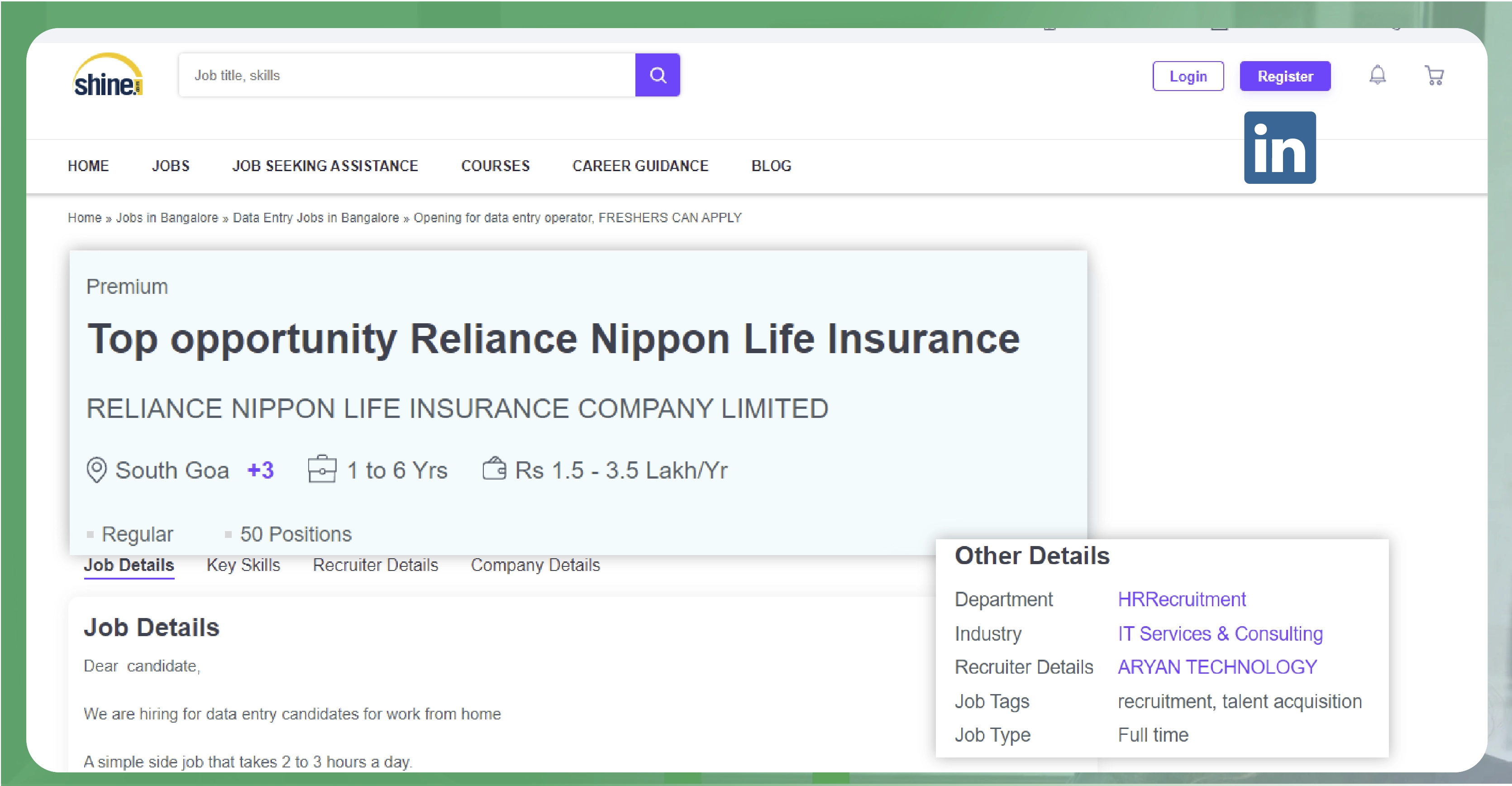
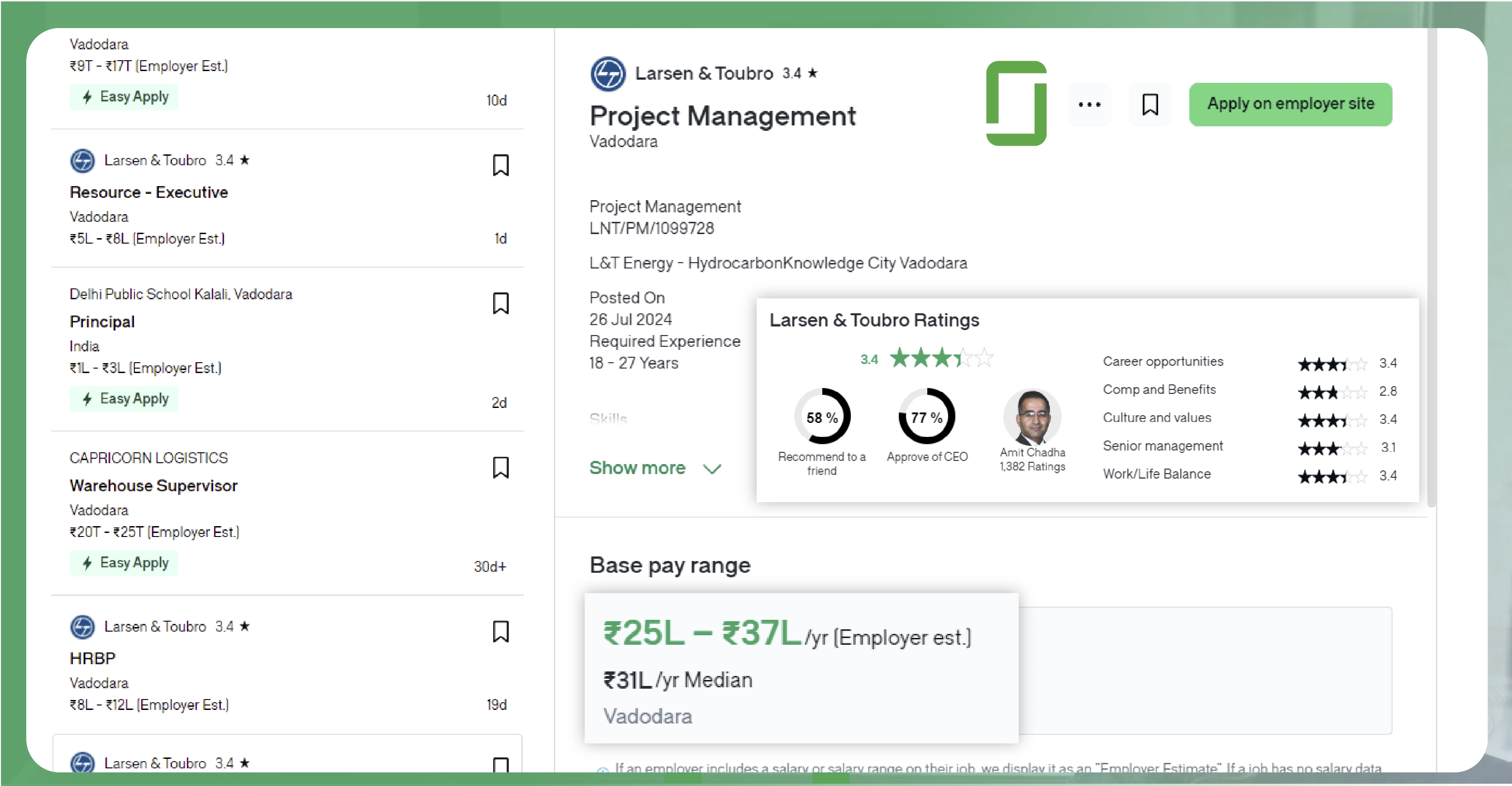
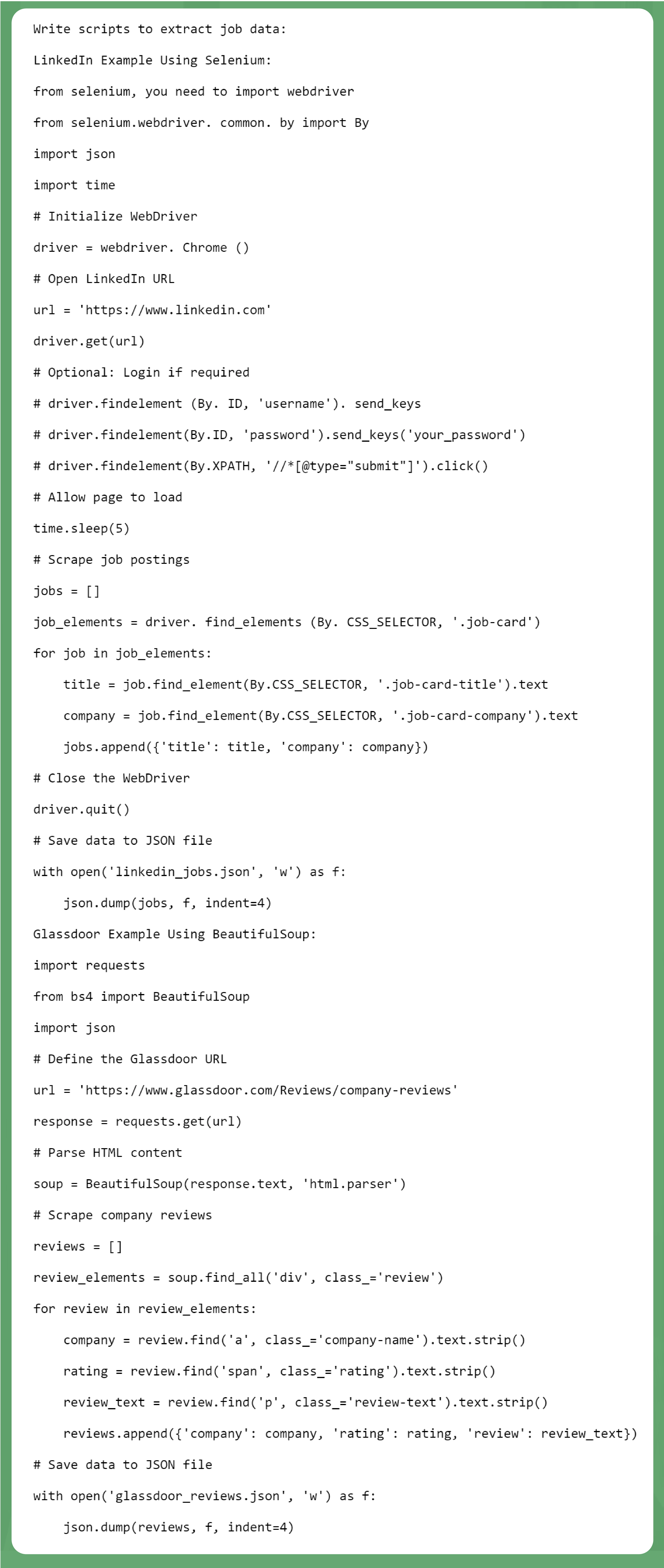
Scraping data from LinkedIn and Glassdoor for start-ups and established corporations involves defining objectives, choosing tools, developing scripts, and handling authentication. Recruitment data scraper provides valuable insights into job postings, company reviews, and market trends, which are crucial for strategic decision-making.
Start by clearly defining what data you need to collect:
LinkedIn: Decide if you want to extract job postings, company profiles, or employee connections. This could involve gathering information like job titles, company names, and roles.
Glassdoor: Identify the needed data, such as company reviews, salary details, or interview experiences. Determine if you need details on employee satisfaction, compensation, or specific interview questions.
Select the appropriate tools for scraping:
LinkedIn: Use Selenium to navigate and interact with dynamic content on LinkedIn. Use LinkedIn's API (if available) or other scraping libraries like Scrapy with LinkedIn-specific settings for a more API-based approach.
Glassdoor: Utilize BeautifulSoup for parsing HTML content or Scrapy for more complex scraping tasks. Both tools are adequate for handling static and some dynamic content on Glassdoor.
Prepare your development environment:
Install necessary libraries with the following commands:
pip install selenium beautifulsoup4 requests pandas
Ensure you have the appropriate WebDriver (e.g., ChromeDriver for Chrome) installed and set up for Selenium to control the browser.
Pinpoint the specific data you want to scrape:
LinkedIn: LinkedIn data scraper focuses on relevant sections like company profiles for business details, job postings for roles and requirements, or user profiles for professional information.
Glassdoor: Look for pages with company reviews, salary data, and interview information. Glassdoor data scraper helps identify HTML elements containing the data you need.
Write scripts to extract job data:
LinkedIn Example Using Selenium:
from selenium, you need to import webdriver
from selenium.webdriver. common. by import By
If required, manage authentication:
For LinkedIn, automate login using Selenium by locating and interacting with login fields. Handle CAPTCHAs if present manually or using CAPTCHA-solving services.
For Glassdoor, ensure you manage login sessions or handle any access restrictions as needed.
Run your scripts to extract the data:
Process and organize the extracted data:
Analyze the collected data:
Regularly update and maintain your scraping processes:
Conclusion: LinkedIn and Glassdoor data scraping provides businesses invaluable insights into the job market, company reviews, and competitive landscape. By systematically collecting and analyzing this data, organizations can make informed decisions on hiring strategies, employee satisfaction, and market positioning. This data-driven approach from LinkedIn employee data scraping allows a better understanding of industry trends, competitive salary benchmarks, and company reputations. However, it's crucial to ensure ethical and legal compliance while scraping data. Regularly monitoring and updating scraping processes are essential to adapt to changes in website structures. Leveraging Glassdoor salary data scraping effectively can drive strategic planning, operational efficiency, and sustained growth in a competitive market.
Discover unparalleled web scraping service and mobile app data scraping offered by iWeb Data Scraping. Our expert team specializes in diverse data sets, including retail store locations data scraping and more. Reach out to us today to explore how we can tailor our services to meet your project requirements, ensuring optimal efficiency and reliability for your data needs.